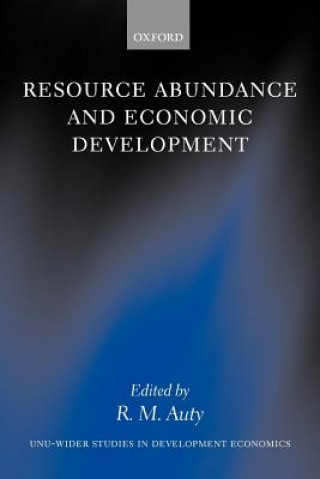
Code: 04531353
Resource Abundance and Economic Development
by R. M. Auty
Since the 1960s the per capita incomes of the resource-poor countries have grown significantly faster than those of the resource-abundant countries. In fact, in recent years economic growth has been inversely proportional to the s ... more
- Language:
 English
English - Binding: Paperback
- Number of pages: 360
Publisher: Oxford University Press, 2004
- More about this

You might also like
-

Grove Book of Operas
36.82 € -18 % -

Football Hooligans
58.21 € -
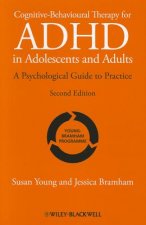
Cognitive-Behavioural Therapy for ADHD in Adoloscents and Adults - A Psychological Guide to Practice 2e
65.88 € -

Stars in the Deepest Night
9.78 € -19 % -

Psalms and Hebrews
242.45 € -

GEORGE STACEY GIBSON
20.98 € -4 % -
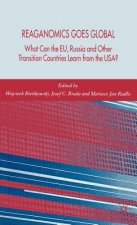
Reaganomics Goes Global
121.07 €
Give this book as a present today
- Order book and choose Gift Order.
- We will send you book gift voucher at once. You can give it out to anyone.
- Book will be send to donee, nothing more to care about.
More about Resource Abundance and Economic Development
You get 366 loyalty points
 Book synopsis
Book synopsis
Since the 1960s the per capita incomes of the resource-poor countries have grown significantly faster than those of the resource-abundant countries. In fact, in recent years economic growth has been inversely proportional to the share of natural resource rents in GDP, so that the small mineral-driven economies have performed least well and the oil-driven economies worst of all. Yet the mineral-driven resource-rich economies have high growth potential because the mineral exports boost their capacity to invest and to import. "Resource Abundance and Economic Development" explains the disappointing performance of resource-abundant countries by extending the growth accounting framework to include natural and social capital. The resulting synthesis identifies two contrasting development trajectories: the competitive industrialization of the resource-poor countries and the staple trap of many resource-abundant countries. The resource-poor countries are less prone to policy failure than the resource-abundant countries because social pressures force the political state to align its interests with the majority poor and follow relatively prudent policies. Resource-abundant countries are more likely to engender political states in which vested interests vie to capture resource surpluses (rents) at the expense of policy coherence. A longer dependence on primary product exports also delays industrialization, heightens income inequality, and retards skill accumulation. Fears of 'Dutch disease' encourage efforts to force industrialization through trade policy to protect infant industry. The resulting slow-maturing manufacturing sector demands transfers from the primary sector that outstrip the natural resource rents and sap the competitiveness of the economy. The chapters in this collection draw upon historical analysis and models to show that a growth collapse is not the inevitable outcome of resource abundance and that policy counts. Malaysia, a rare example of successful resource-abundant development, is contrasted with Ghana, Bolivia, Saudi Arabia, Mexico, and Argentina, which all experienced a growth collapse. The book also explores policies for reviving collapsed economies with reference to Costa Rica, South Africa, Russia and Central Asia. It demonstrates the importance of initial conditions to successful economic reform.
 Book details
Book details
Book category Books in English Earth sciences, geography, environment, planning Geography Human geography
145.99 €
- Full title: Resource Abundance and Economic Development
- Author: R. M. Auty
- Language:
 English
English - Binding: Paperback
- Number of pages: 360
- EAN: 9780199275786
- ISBN: 0199275785
- ID: 04531353
- Publisher: Oxford University Press
- Weight: 549 g
- Dimensions: 235 × 156 × 21 mm
- Date of publishing: 07. October 2004
Trending among others
-

Worth Dying for
11.59 € -13 % -
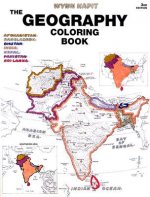
Geography Coloring Book
20.37 € -31 % -
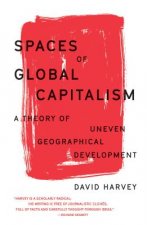
Spaces of Global Capitalism
14.12 € -32 % -
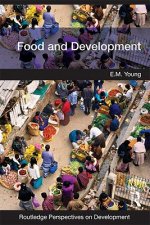
Food and Development
78.99 € -
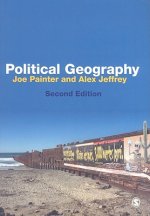
Political Geography
48.02 € -10 % -

AQA Geography A Level & AS Human Geography Student Book - Updated 2020
45.90 € -
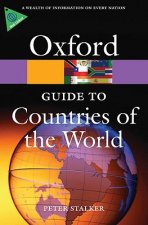
Guide to Countries of the World
15.02 € -20 % -
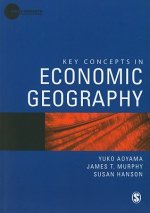
Key Concepts in Economic Geography
47.61 € -10 % -
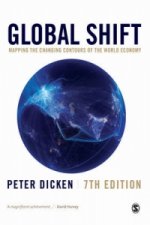
Global Shift
80.10 € -

Analysis of Rachel Carson's Silent Spring
8.06 € -15 % -
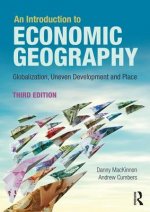
Introduction to Economic Geography
72.94 € -4 % -

Artivism
22.99 € -18 % -

Everything You Know About Planet Earth is Wrong
10.28 € -28 % -

Thinking Big Data in Geography
34.30 € -

Local and Regional Development
90.09 € -

Ottomans and Eastern Europe
182.21 € -

Offshoring
21.28 € -
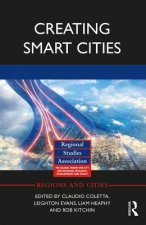
Creating Smart Cities
59.12 € -
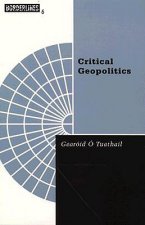
Critical Geopolitics
28.95 € -10 % -

Urban Landscape Ecology
58.41 € -4 % -
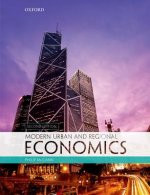
Modern Urban and Regional Economics
89.89 € -

Rare Earth Frontiers
35.40 € -9 % -

Swamplife
32.38 € -

Tell Me How it Ends
11.69 € -18 % -

Blank Spots on the Map
20.57 € -17 % -

Analysis of James E. Lovelock's Gaia
8.06 € -15 % -
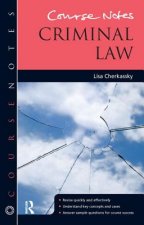
Course Notes: Criminal Law
45.39 € -9 % -

Achieving Sustainable Mobility
67.49 € -

Elite Women and the Agricultural Landscape, 1700-1830
63.15 € -
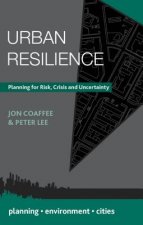
Urban Resilience
64.26 € -
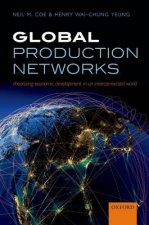
Global Production Networks
58.21 € -
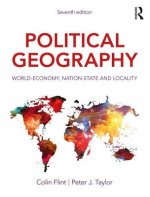
Political Geography
79.09 € -

Assemblage Theory and Method
27.74 € -9 % -

Bosnia and the Destruction of Cultural Heritage
197.14 € -

Environmental Security
78.99 € -

Foundation Papers in Landscape Ecology
73.95 € -

Stadtgeographie
38.23 € -4 % -
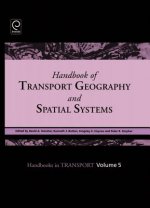
Handbook of Transport Geography and Spatial Systems
372.91 € -

Haunted Landscapes
71.63 € -
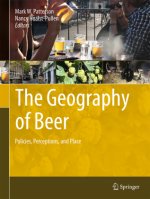
The Geography of Beer
151.84 € -2 % -
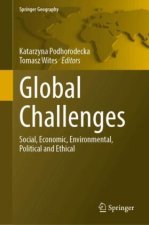
Global Challenges
164.55 € -
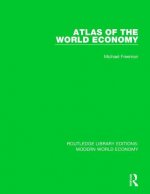
Atlas of the World Economy
52.86 € -

Design in the Borderlands
87.87 € -
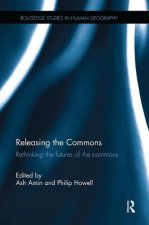
Releasing the Commons
72.43 € -

Venezuela
14.62 € -19 % -

GIS in Sustainable Urban Planning and Management
255.76 € -

Image and Environment
70.11 € -

The Transforming Spatial Organization in the Information Age
156.48 € -

Inter-Regional Place Branding
162.74 € -2 %
Collection points Bratislava a 2642 dalších
Copyright ©2008-24 najlacnejsie-knihy.sk All rights reservedPrivacyCookies



 15549 collection points
15549 collection points Delivery 2.99 €
Delivery 2.99 € 02/210 210 99 (8-15.30h)
02/210 210 99 (8-15.30h)